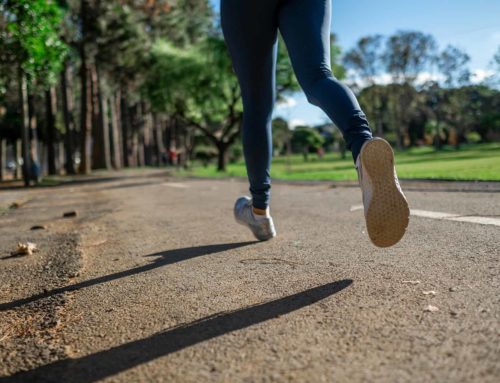Reiki, an ancient Japanese healing technique, has grown in popularity as a holistic approach to promoting relaxation, reducing stress, and supporting overall well-being. If you’re considering trying Reiki for the first time, you might be wondering what exactly happens during a session. Understanding what to expect can help you feel more comfortable and open to the experience.
Setting the Scene
A typical Reiki session usually takes place in a quiet, comfortable environment designed to promote relaxation. Many Reiki practitioners work in private practice, wellness centers, or even within medical facilities. The room might have soft lighting, soothing music, and aromatherapy to create a calming atmosphere. Some practitioners may also use crystals or other tools to enhance the energy work, though this varies.
Initial Consultation
Before the session begins, the practitioner will have a brief consultation with you to discuss your needs and intentions. This is an opportunity for you to share any specific issues or areas of concern, such as physical pain, emotional stress, or spiritual questions. The practitioner may also explain the Reiki process and answer any questions you have, helping to set the stage for a relaxing and effective session.
The Reiki Session
You will typically be asked to lie down on a massage table, fully clothed, although some sessions can be done with you sitting comfortably in a chair. It’s important to wear loose, comfortable clothing to help you relax. The practitioner will then begin the session, either placing their hands lightly on or just above specific points on your body.
Reiki sessions usually last between 45 to 90 minutes, depending on the practitioner and your needs. Here’s a general outline of what happens during a session:
1. Initial Relaxation: The practitioner will start by helping you settle into a relaxed state, often with a few moments of deep breathing or a brief meditation. This helps prepare your mind and body to receive the Reiki energy.
2. Hand Positions: The practitioner will then move through a series of hand positions, usually starting at your head and moving down to your feet. Each hand position is held for several minutes, during which the practitioner channels energy into your body. You may feel warmth, tingling, or a gentle pulsing sensation where the hands are placed.
3. Energy Flow: Throughout the session, you might experience various sensations as the energy flows through your body. Some people feel deeply relaxed, while others may feel a sense of lightness or emotional release. It’s also common to drift in and out of sleep during a session, which is perfectly normal.
4. Personalized Focus: If you mentioned specific areas of concern during the initial consultation, the practitioner might spend extra time focusing on those areas. They may also adjust the session based on what they sense in your energy field.
After the Session
After the session ends, the practitioner will gently bring you back to full awareness. They might offer you water and give you a few moments to sit and reorient yourself. Some practitioners provide feedback about what they sensed during the session and might offer suggestions for continued self-care.
Post-Session Effects
It’s important to remember that everyone’s experience with Reiki is unique. Some people feel immediate benefits, such as a sense of peace and relaxation, while others might notice gradual improvements over several sessions. You might also experience mild detoxification symptoms, such as feeling tired or having a headache, which are generally temporary and part of the body’s natural healing process.
Conclusion
A Reiki session is a gentle, non-invasive experience that aims to balance your body’s energy and promote overall well-being. By understanding what to expect, you can approach your session with an open mind and a relaxed attitude, ready to receive the potential benefits of this ancient healing practice. Whether you seek physical relief, emotional healing, or spiritual growth, Reiki offers a holistic pathway to enhancing your health and well-being.




